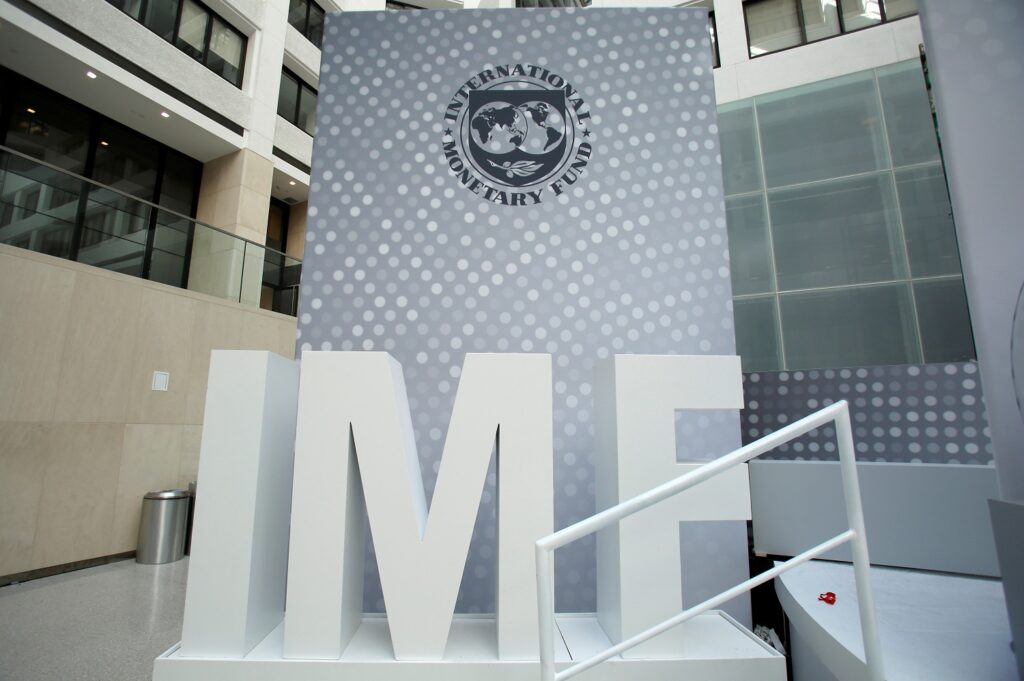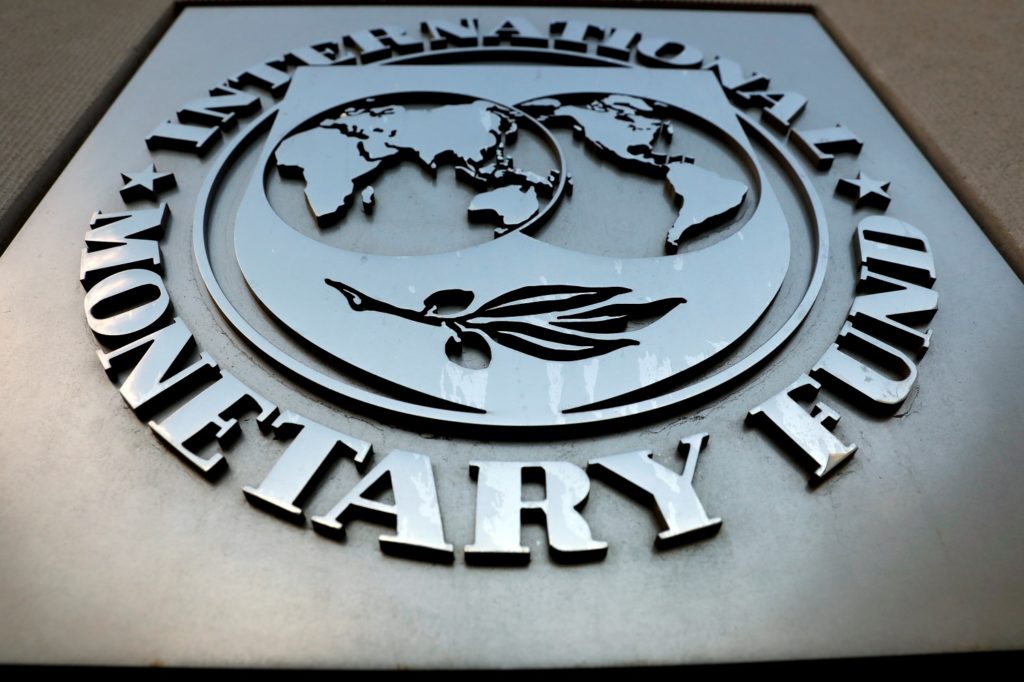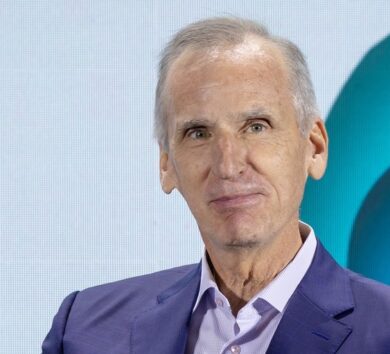
Rapid Credit Facility and Rapid Financing Instrument limits to be increased by 50%

The Executive Board of the International Monetary Fund (IMF) approved temporary modifications to access limits under the large natural disaster (LND) windows of its Rapid Credit Facility (RCF) and of the Rapid Financing Instrument (RFI).
The LND windows were introduced in 2017 to increase available emergency financing for member countries experiencing urgent balance of payments needs arising from large natural disasters, where economic damage is equivalent to or exceeds 20 per cent of a country’s gross domestic product.
The temporary modifications increased the annual and cumulative access limits under the LND windows of the RCF and RFI by 50 per cent of quota. This is in line with other recent decisions to temporarily modify access limits under the RCF and RFI to increase available emergency financing for countries responding to the COVID-19 pandemic.
Modifications will enhance the IMF’s agility and flexibility to respond to large natural disasters
These modifications under the LND windows enhance the IMF’s agility and flexibility to respond to large natural disasters. The modifications to access limits under the LND windows of the RCF and RFI will be in effect through the end of 2021.

This is in line with the lapse of the increases in annual and cumulative access limits that apply to the RCF and RFI, introduced in April 2020 and extended in October 2020 and March 2021. The Rapid Credit Facility provides rapid concessional financial assistance with limited conditionality to low-income countries facing an urgent balance of payments need, while the Rapid Financing Instrument provides rapid financial assistance, which is available to all member countries facing an urgent balance of payments need.
The RCF was created under the Poverty Reduction and Growth Trust, as part of a broader reform to make the Fund’s financial support more flexible and better tailored to the diverse needs of LICs, including in times of crisis. The RCF places emphasis on the country’s poverty reduction and growth objectives.
The RFI was created as part of a broader reform to make the IMF’s financial support more flexible to address the diverse needs of member countries. The RFI replaced the IMF’s previous emergency assistance policy and can be used in a wide range of circumstances







Comments